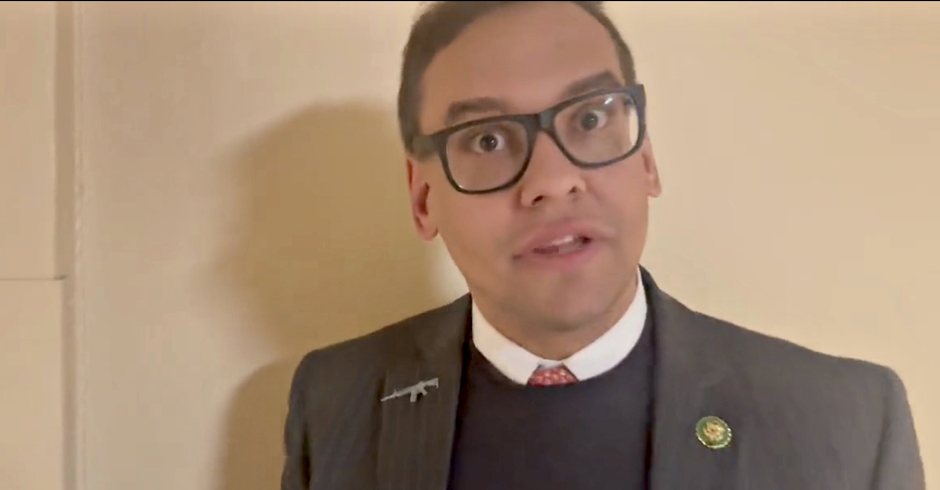Long article - copied the whole thing because some of it is hidden behind a paywall
What Psychology Can Teach Us About George Santos
Telling lies about yourself can actually make you feel more confident.
By Maria Konnikova
When the news first broke that George Santos, the freshman Republican representative from Long Island, had lied on his résumé, my first thought was,
Well, of course—he’s a politician. As the scope of the lies grew, however, my evaluation changed:
not a politician, but a con artist.
It’s a difference that I’ve stressed repeatedly in the years since I published a
book about con artists. Branding anyone who misrepresents something or lies a bit as a con artist might be convenient, but if we do so, the term loses all meaning. For con artists, lying is a way of being. It reaches past exaggeration or misrepresentation into a prevailing disconnect from reality.
Santos’s long list of fabrications brings to mind some of the most prolific con artists of the past century. His educational history is made up: no attendance at
Horace Mann, as far as anyone can tell. No
Baruch, no
NYU. In fact,
no college degree at all. Though you have to admire his penchant for specifics—top 1 percent of his (nonexistent) Baruch class! (For one of many historical analogues, see Ferdinand Waldo Demara, a.k.a. the Great Impostor. Demara, a high-school dropout, made a habit of claiming others’ credentials as his own, including Ph.D.s, M.D.s, and any other degree he could get a hold of.) Nor do Goldman Sachs or Citigroup have records of Santos working there. (For a historic tour de force of fake employment histories, see Clark Rockefeller—real name, Christian Gerhartsreiter—who was not only a fake Rockefeller but also a claimant to quite the nonexistent business pedigree.) And that’s merely a sampling of Santos’s lies.
How does someone in the public eye ever hope that deceptions of this magnitude will go undetected? What explains con artists’ impulse to deceive, repeatedly, even as the fictions they tell become harder to maintain? These questions have fascinated psychologists for years—and we’re beginning to find answers.
In three years of research on con artists—interviewing them, spending time with them, submitting them to psychological questionnaires, and reading any available psychological literature on them—I found that con artists tend to exhibit some combination of the so-called dark triad of personality traits, which have been studied in
deceptive behavior more broadly: psychopathy, narcissism, and Machiavellianism. Although psychopathy tends to get a lot of attention—few things are as eye-catching as the word
psychopath—the trait that, to me, exemplifies the psychology of the con, and explains the hubris behind a pyramid of lies as high as Santos’s, is narcissism.
Narcissism in the case of the confidence artist is not narcissism in the sense that you and I might use when talking about someone who feels that the world revolves around them. It’s an almost pathological hubris; the thought that you haven’t gotten caught yet, so you never will get caught. The sense that, out of everyone, you deserve it the most, whatever
it might be. True narcissism lets you rationalize all manner of sin; it’s self-delusion taken to an extreme.
Narcissism breeds, as well, a self-reinforcing cycle: The more you lie, the more entitled you feel—and the more qualified. In 2019, an international group of psychologists—Francesca Gino of Harvard, Wiley Wakeman of the Stockholm School of Economics, and Celia Moore of Bocconi University, in Italy—ran a
series of studies that looked at cheating’s effects on self-image. Would people who cut corners on a task feel more or less confident in their skills afterward? The results were somewhat counterintuitive: Subjects who lied about their performance on a series of matrix problems actually felt more competent afterward.
I must
be good at this! Look at how well I did! (Ignore, for a moment, that I inflated my results.)
The psychologists also went a step beyond the typical laboratory games to a pursuit more directly relevant to Santos: lying on a résumé. Participants were given a task—apply for a job using supplied credentials—and would receive a bonus if their application was deemed to be in the top 25 percent of all applicants. The trick was that each of the supplied credentials could be twisted or misrepresented, if the applicant so desired. Oxford Brookes University could become the University of Oxford. A two-week executive-education program at Harvard could become an actual degree from Harvard. And second-class honors could be inflated to first-class honors. A full 35 percent of participants chose to misrepresent themselves on at least one of their credentials—and the ones who did reported feeling significantly more competent at the end than those who had accurately conveyed their qualifications. It’s the extreme of dressing for the job you want—to the point where you begin to believe you’re more qualified for that job than those who worked for it.
The result is a perverse dynamic. The more a person like George Santos misrepresents himself and cons others for his own gain, the more entitled he feels to keep going.
Why should I resign when I’m the most qualified for the job? The con artist, at least to some degree, comes to believe his own lies. One
recent series of studies found that people who were confronted with evidence of self-deception—believing themselves to have performed better than they actually did, and better than the average person, on a series of trivia questions—not only failed to acknowledge their self-delusion but began to see
others as the ones prone to it. (Cue Santos’s recent
interview with Piers Morgan, in which the representative mostly deflected responsibility for his lies.)
Continued









